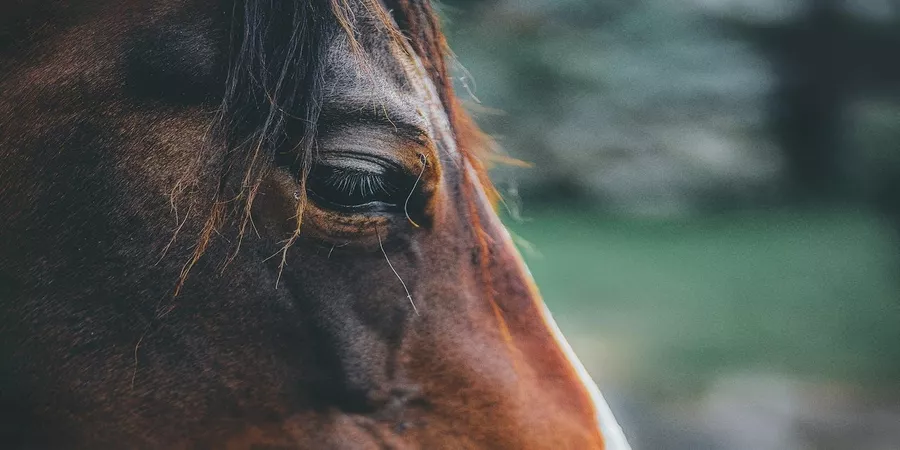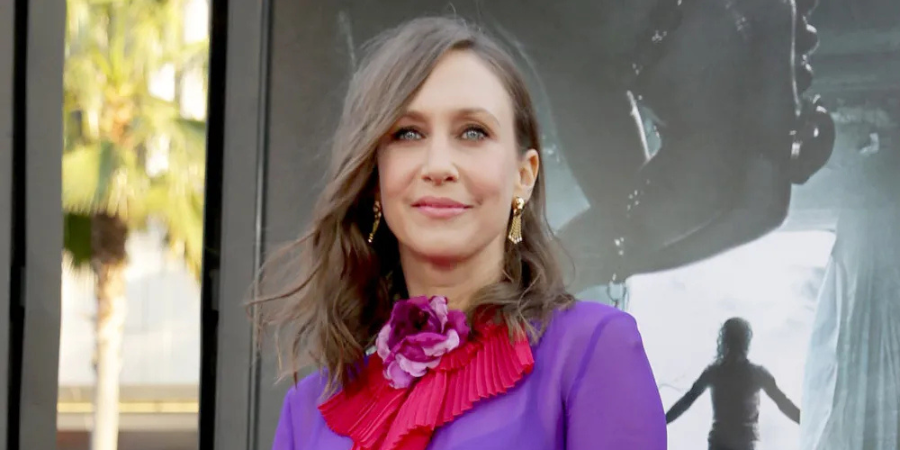At first glance, riding a horse might look like a sport or a relaxing hobby, but anyone who’s spent real time in the saddle knows that there is much more to it.
Equestrian training doesn’t just teach you how to control a horse; it also teaches you how to control yourself. You are establishing a connection with the horse, and that’s impossible without equestrian training. In other words, you cannot jump on any horse and expect the horse to be good with it.
That’s why the trainers in the industry are often the most important people. They can communicate with the horse, teach the horse to perform certain things, and establish a connection with the animal.
But spending time around horses can also quietly transform the way you lead, think, and handle challenges. Let’s talk more about how equestrian training builds leadership and mindfulness skills.
Leadership and Horses
One of the first things new riders learn is that you can’t force a horse to do anything. Just because you have the stick in your hand, it doesn’t mean anything. People who’ve ridden horses know that they don’t respond to shouting, intimidation, or frustration. They respond to calm confidence, mutual respect, and consistency.
In other words, these are exactly the traits that define great leaders.
When you’re riding, you’re constantly communicating through body language, tone, and energy. If you’re tense, your horse feels that tension. I you’re calm and focused, the horse trusts you.
That’s leadership in its purest form. So, you can apply this horse strategy in every area of your life, whether it is at home or at work. You need to work on influencing through presence and energy, not pressure.
Over time, riders learn to project quiet authority, which means that they guide the horse, not command it. That is the most important lesson you can learn for horse riding, and it translates directly to professional life, whether you’re managing a team or running a business.
Patience Is Crucial
Nobody can become a skilled rider overnight. On top of that, there are so many variables that take time. Remember, horses also have moods, fears, and personalities. Some days you’ll make huge progress, other days feel like you’ve gone backward.
Equestrian training demands patience, with your horse, with the process, and most importantly, with yourself. Equestrian training will teach you how to slow down, celebrate small improvements, and let go of perfectionism.
Do you think that horse racing legends are born overnight? It requires unbelievable hard work and sacrifice from the jockey, the trainer, and the horse to be at the top of the horse racing industry. In other words, only the trainers and jockeys who have patience are featured on TwinSpires top racing picks.
These are very important lessons in the world of business, especially if you are managing people or guiding different projects.
Remember, patience isn’t weakness, it’s wisdom
Mindfulness
Did you know that riding is a form of moving meditation? You have to be present – I mean completely present. One distracted moment, and your horse knows it.
Your mind can’t wander to emails, deadlines, or your phone. You are here, locked in the zone and focused on your breathing, your balance, and the rhythm beneath you.
That level of mindfulness doesn’t just make you a better rider – it rewires how you process stress in daily life. Since we live in stressful times, mindfulness has become more important than ever before.
After all, there is a reason why riders often say that the stable is their “reset button” – a place where all the noise dials down.
This awareness can be cultivated through equestrian training. It can help you approach challenges with the right mindset, improve your focus, and help you slow down and analyze your options better.
Trust
Maneuvering a 1,000-pound animal doesn’t involve brute force. It only involves trust, and trust is earned as horses can pick up every human emotion. Horse riding is all about mutual trust. You trust that the horse will respond to your guidance, and the horse trusts you that you won’t do something unpredictable.
However, this trust cannot be built overnight. It requires consistency, empathy, and mutual understanding, similar to the business world.
To succeed in the world of business, you need talented people around you who can understand your vision and who trust you along the way. But you need to prove yourself that you’re trustworthy, and delegating tasks and shouting isn’t the way.
Remember, real influence comes from partnership, not domination.
If you want to know how good a leader someone really is, watch them interact with a horse. The way they earn trust, set boundaries, and stay patient under pressure says it all.
Emotional Intelligence
Lastly, equestrian training is great for emotional intelligence. We already know that horses are very emotional creatures, as they can pick up on your energy immediately. So, if you’re anxious, angry, or impatient, they’ll reflect it back. So, in order to ride a horse properly, you need to learn how to regulate your emotions.
This is something called self-awareness. Recognizing and adjusting your state of mind to influence other outcomes. This is exactly what leaders do. If you fail to meet the deadline or your target numbers are lower, you cannot allow this to break you down, and the only way you can do that is if you master emotional intelligence.
Horses are truly incredible creatures, and we can learn a lot from them. So, if you want to become a better leader, maybe you should book a horse-riding session. Trust me, frequent rides can change the way you handle business for life.







